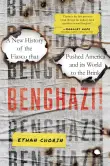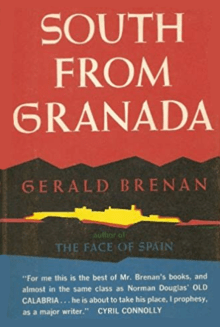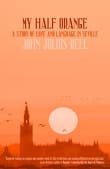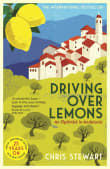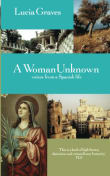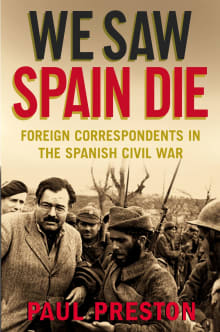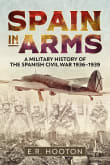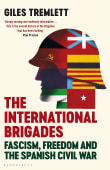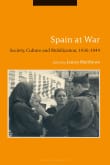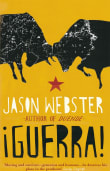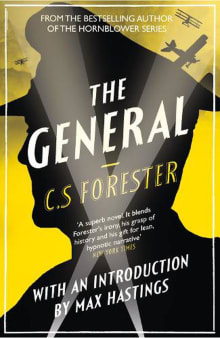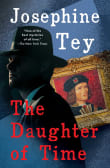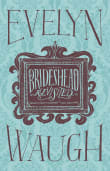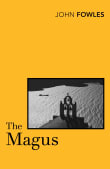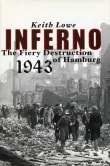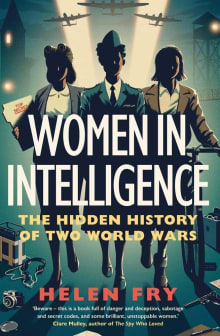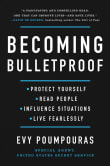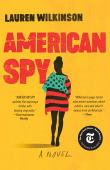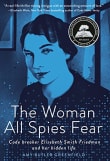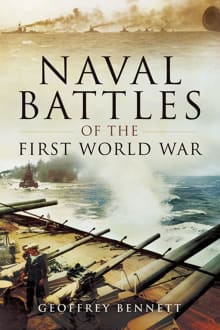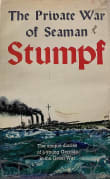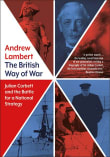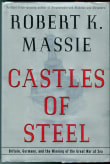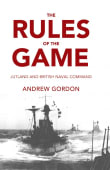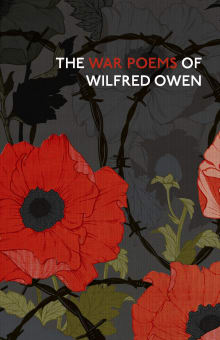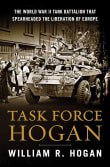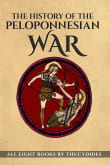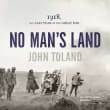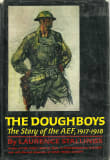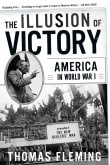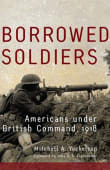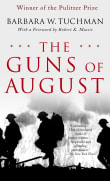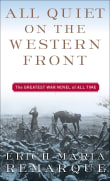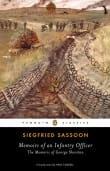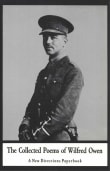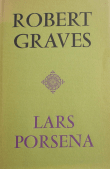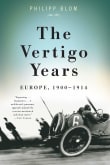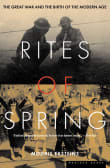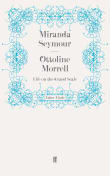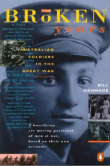Why am I passionate about this?
My interest in propaganda and neutrality was sparked by a study I conducted on British-Irish relations during the Second World War. I was fascinated by the role of press attaché John Betjeman and the way he navigated Irish censorship restrictions, making me question what propaganda was and what could be effective. I later expanded my research to consider British propaganda in other neutrals during the Second World War in A Battle for Neutral Europe; recently co-convened an international conference on propaganda and neutrality to bring together experts across the world. I am now working on a new book about British propaganda in neutral Turkey in the Second World War.
Edward's book list on neutral countries shaping the world in war times

Why did Edward love this book?
I really enjoyed reading Leos’ book as it considers neutrality and war from a comprehensive historical perspective covering the early modern era to the present day. I thought his analysis of the development of international law governing maritime trade and the influence of the work of Hugo Grotius was a fascinating starting point.
His command of the evolving context during the eighteenth, nineteenth, and twentieth centuries made me really question the meaning of neutrality itself and how the concept of neutrality interrelated with views around morality.
Leos adeptly explores the tensions between collective security and neutrality. For example, the well-known permanent neutral, Switzerland, only became a member of the United Nations in 2002, arguing previously–in contrast to other neutrals–that its neutrality was incompatible with the membership requirements. There aren’t many books on neutrality that cover such a vast swathe of time, and Leos’ attempt to do so and draw insightful…
1 author picked Neutrality in World History as one of their favorite books, and they share why you should read it.
Neutrality in World History provides a cogent synthesis of five hundred years of neutrality in global history. Author Leos Muller argues that neutrality and neutral states, such as Switzerland, Sweden and Belgium, have played an important historical role in implementing the free trade paradigm, shaping the laws of nations and humanitarianism, and serving as key global centres of trade and finance. Offering an intriguing alternative to dominant world history narratives, which hinge primarily on the international relations and policies of empires and global powers, Neutrality in World History provides students with a distinctive introduction to neutrality's place in world history.









